by Charles Zambia, Guest Writer
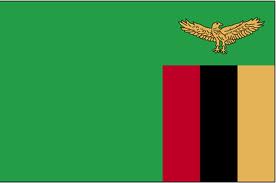 “Gays, lesbians, and bisexuals in Zambia live in constant fear of detention, discrimination in education, employment, housing, and access to services, and extortion – all buttressed by the existence of sections 155 – 157 of the Penal Code and the lack of specific legal protections for LGBT people under Zambian law.”
“Gays, lesbians, and bisexuals in Zambia live in constant fear of detention, discrimination in education, employment, housing, and access to services, and extortion – all buttressed by the existence of sections 155 – 157 of the Penal Code and the lack of specific legal protections for LGBT people under Zambian law.”
Introduction:
Human rights treaties do not specifically mention sexual orientation. However, discrimination on the grounds of sexual orientation has been determined to be incompatible with adherence to the the Universal Declaration of Human Rights and reflected in all other universal and regional human rights instruments such as the International Covenant on Civil and Political Rights.[1] The African Charter, and the International Convention on Social Economical and Cultural Rights. In their preambles,the treaties ‘recall that human rights are universal and shall apply to all individuals, and stressing therefore its commitment to guarantee the equal dignity of all human beings and the enjoyment of rights and freedoms of all individuals without discrimination on any ground’ .However, despite being signatories to the treaties ,Many African states retain criminal sanctions for same-sex relationships that are derive from the colonial era; prominent among them, is the Republic of Zambia, were removing of such criminal sanctions from the statute book remains very much an up-hill struggle. The following paper shall seek to shade more light on the country’s current legal status concerning same sex relations, furthermore it shall elucidate the political, religious as well as Social adverse impact discrimination has LGBT person in Zambia.
Legal Issues:
The legal basis for non-discrimination amongst people in Zambia is firmly laid. Article 11 of the Constitution of Zambia of 1991, as amended by Act no. 17 of 1996, establishes that “every person in Zambia has been and shall continue to be entitled to the fundamental rights and freedoms of the individual, that is to say, the right, whatever his race, place of origin, political opinions, color, creed, sex or marital status [2]
Further Article 23(1) [3]states that “no law shall make any provision that is discriminatory either of itself or in its effect”.
The constitutional anti-discrimination clause is set out in Article 23(2) [4]that reads “no person shall be treated in a discriminatory manner by any person acting by virtue of any written law or in the performance of the functions of any public office or any public authority”.
Article 23(3)[5] defines “discrimination” as any “different treatment to different persons attributable, wholly or mainly to their respective descriptions by race, tribe, sex, place of origin, marital status, political opinions color or creed whereby persons of one such description are subjected to disabilities or restrictions to which persons of another such description are not made subject or are accorded privileges or advantages which are not accorded to persons of another such description”.
This right to non-discrimination is not limited to enumerated grounds. Every international and regional human rights instrument that protects against discrimination includes “other status” or language equivalent thereto. Zambia is a state party of the UN’s International Covenant on Civil and Political Rights (ICCPR) following its accession on April 10, 1984.
Article 2(1) of the ICCPR[6]: states “Each State Party to the present Covenant undertakes to respect and to ensure to all individuals within its territory and subject to its jurisdiction the rights recognized in the present Covenant, without distinction of any kind, such as race, color, sex, language, religion, political or other opinion, national or social origin, Property, birth or other status.” Despite this, and the Zambian Constitution’s strong anti-discrimination Articles, it is deplorable that hatred of the small but significant Lesbian, Gay, Bi-sexual and Transgender (LGBT) community – and the violation of their rights – continues unabated in a country that claims to embrace fundamental human rights principles by ratifying them at both regional and international level.The African Charter for example calls on the individual to act in a spirit of “tolerance, dialogue and consultation”.
in addition Article 2[7] of the Charter promotes “Every individual shall be entitled to the enjoyment of the rights and freedoms recognized and guaranteed in the present Charter without Distinction of any kind such as race, ethnic group, color, sex, language, religion, political or any other opinion, national and social origin, fortune, birth or any status” If this was the case in practice and not just in words, then Zambia would not be a place where bigoted homophobia could thrive.
Equal Protection in International Law
- · Article 26 of the ICCPR: “All persons are equal before the law and are entitled without any discrimination to the equal protection of the law. In this respect, the law shall prohibit any discrimination and guarantee to all persons equal and effective protection against discrimination on any ground such as race, color, sex, language, religion, political or other opinion, national or social origin, property, birth or other status.”[8]
- · Article 3 of the African Charter: “Every individual shall be equal before the law. Every individual shall be entitled to equal protection of the law.” [9]Although the instruments listed above do not include “sexual orientation” among the enumerated categories, these categories are clearly intended to be illustrative and not exhaustive.
- The use of the phrase “or other status” means that the list of categories is open-ended. That is why the UN Committee on Economic, Social and Cultural Rights offered a similar explanation of the term “other status:” when it stated ‘The nature of discrimination varies according to context and evolves over time. A flexible approach to the ground of “other status” is thus needed to capture other forms of differential treatment that cannot be reasonably and objectively justified and are of a comparable nature to the expressly recognized grounds in Article 2(2) of the (ICESCR) which reads “The States Parties to the present Covenant undertake to guarantee that the rights enunciated in the present Covenant will be exercised without discrimination of any kind as to race, color, sex, language, religion, political or other opinion, national or social origin, property, birth or other status.” These additional grounds are commonly recognized when they reflect the experience of social groups that are vulnerable and have suffered and continue to suffer marginalization.[10]
These provisions should be interpreted as prohibiting all forms of discrimination including discrimination based on sexual orientation. The Human Rights Committee[11] followed such an equality-based approach in the case of Toonen v Australia.[12] In this case, the Human Rights Committee decided that the criminalization of sexual relations between persons of the same sex constitutes a violation of the right to non-discrimination in the ICCPR.[13] In its decision, the Human Rights Committee found that the criminalization of sexual acts between persons of the same sex constitutes a violation of Mr Toonen’s rights against discrimination as well as to equal protection before the law.
The most outrageous violation of Lesbian, Gay, Bi-sexual and Transgender (LGBT) rights in Zambia is constituted by the Zambian Penal Code, Act of 1995, Cap 87 of the laws of Zambia that criminalizes same-sex sexual conduct in private between consenting adults – so contravening Articles 2(1), 17 and 26 of the ICCPR, were the Human Rights Committee was of the view that,with ‘the reference to “sex” in articles 2, paragraph 1, and 26 was to be taken as including sexual orientation’.[14] PLEASE CONTINUE READING click here





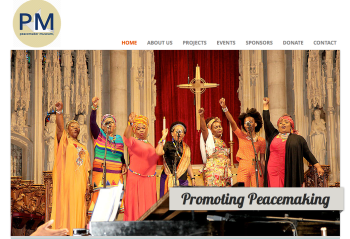




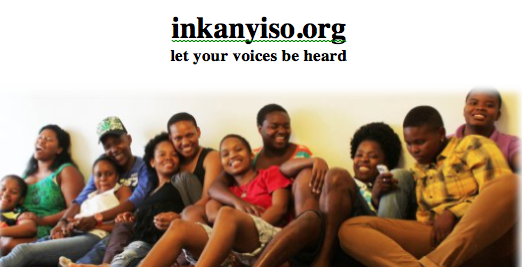







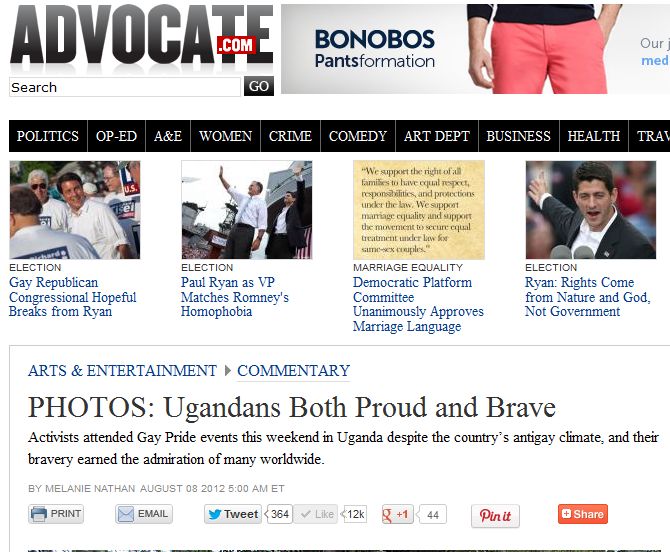
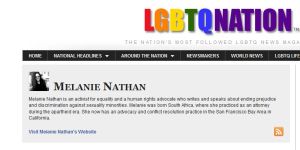
 PoochParkWear customizes hoodies and t-shirts, the good, the naughty, the in between, whether proud or quirky let them be seen. We also offer biker jackets, croc or pleather collars, a variety of collar charms, and our special Zinja beaded collars made by a co-op of HIV-positive South African women, the Sisonke women who weave the beads onto the collars.
PoochParkWear customizes hoodies and t-shirts, the good, the naughty, the in between, whether proud or quirky let them be seen. We also offer biker jackets, croc or pleather collars, a variety of collar charms, and our special Zinja beaded collars made by a co-op of HIV-positive South African women, the Sisonke women who weave the beads onto the collars.

What I see in this is a man’s rights vs. a woman’s rights to her own body.
In time, all countries will understand that a woman’s/mothers rights are the controlling rights of a human existence. And they will likewise, understanding a mother’s guidance & decision, choose this.
TF